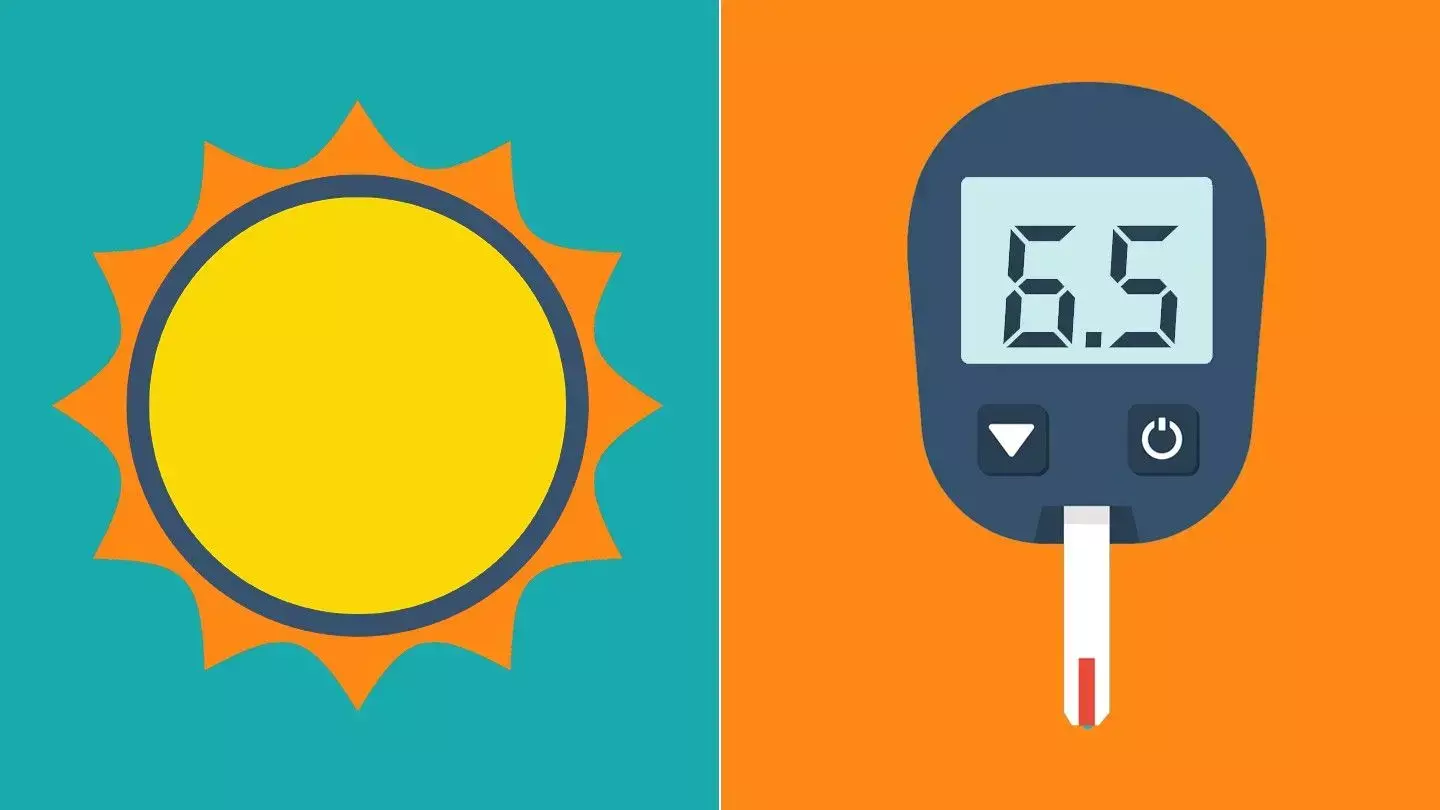- Home
- Medical news & Guidelines
- Anesthesiology
- Cardiology and CTVS
- Critical Care
- Dentistry
- Dermatology
- Diabetes and Endocrinology
- ENT
- Gastroenterology
- Medicine
- Nephrology
- Neurology
- Obstretics-Gynaecology
- Oncology
- Ophthalmology
- Orthopaedics
- Pediatrics-Neonatology
- Psychiatry
- Pulmonology
- Radiology
- Surgery
- Urology
- Laboratory Medicine
- Diet
- Nursing
- Paramedical
- Physiotherapy
- Health news
- Fact Check
- Bone Health Fact Check
- Brain Health Fact Check
- Cancer Related Fact Check
- Child Care Fact Check
- Dental and oral health fact check
- Diabetes and metabolic health fact check
- Diet and Nutrition Fact Check
- Eye and ENT Care Fact Check
- Fitness fact check
- Gut health fact check
- Heart health fact check
- Kidney health fact check
- Medical education fact check
- Men's health fact check
- Respiratory fact check
- Skin and hair care fact check
- Vaccine and Immunization fact check
- Women's health fact check
- AYUSH
- State News
- Andaman and Nicobar Islands
- Andhra Pradesh
- Arunachal Pradesh
- Assam
- Bihar
- Chandigarh
- Chattisgarh
- Dadra and Nagar Haveli
- Daman and Diu
- Delhi
- Goa
- Gujarat
- Haryana
- Himachal Pradesh
- Jammu & Kashmir
- Jharkhand
- Karnataka
- Kerala
- Ladakh
- Lakshadweep
- Madhya Pradesh
- Maharashtra
- Manipur
- Meghalaya
- Mizoram
- Nagaland
- Odisha
- Puducherry
- Punjab
- Rajasthan
- Sikkim
- Tamil Nadu
- Telangana
- Tripura
- Uttar Pradesh
- Uttrakhand
- West Bengal
- Medical Education
- Industry
Vitamin D deficiency not associated with insulin resistance or beta-cell function

There is no association between vitamin D deficiency and insulin resistance or beta-cell function according to a recent study published in the Journal of the Association of Physicians of India
Vitamin D plays an important role in bone and modulates mineral metabolism and immune function with a probable link to several chronic and infectious conditions. In vivo studies have revealed that vitamin D deficiency reduces the insulin secretion capacity of the islet beta cells in the pancreas. Several studies have shown a correlation between vitamin D levels and insulin resistance, nonetheless, extensive studies showing the relationship between the two are lacking especially among the southern Indian population. So the present study was aimed at evaluating the relationship between vitamin D and insulin resistance by using the homeostatic model assessment-insulin resistance (HOMA-IR).
In a cross-sectional study, 184 people among which 92 were diabetic and 92 were nondiabetic were recruited at RL Jalappa Hospital, Kolar in the Department of Medicine between May 2018 and April 2019. Fasting serum insulin (I0), fasting plasma glucose (G0), haemoglobin A1c (HbA1C), renal function test, liver function test (LFT), lipid profile, and vitamin D levels were estimated. IBM SPSS version 22 was used for statistical analysis.
Results:
The prevalence of vitamin D deficiency in our study was (72) 78.2% among diabetic cases and (59) 64.1% among the nondiabetic controls, with the diabetic cases showing lower levels of vitamin D than the controls, however, it was not statistically significant.
There was no significant difference in homeostatic model assessment-beta-cell function (HOMA-B) and HOMA-IR between vitamin D deficient and non-deficient groups among cases and controls.
Thus, Vitamin D deficiency is prevalent in both type II diabetes mellitus (T2DM) as well as nondiabetic. Furthermore, there is no association between vitamin D deficiency and insulin resistance or beta-cell function.
Reference:
Prasad BNR, Imran T, Ahmed R, et al. Influence of Serum Levels of Vitamin D on Insulin Resistance in Patients with Type II Diabetes Mellitus. J Assoc Physicians India 2022;70(7):28–32.
Dr. Shravani Dali has completed her BDS from Pravara institute of medical sciences, loni. Following which she extensively worked in the healthcare sector for 2+ years. She has been actively involved in writing blogs in field of health and wellness. Currently she is pursuing her Masters of public health-health administration from Tata institute of social sciences. She can be contacted at editorial@medicaldialogues.in.
Dr Kamal Kant Kohli-MBBS, DTCD- a chest specialist with more than 30 years of practice and a flair for writing clinical articles, Dr Kamal Kant Kohli joined Medical Dialogues as a Chief Editor of Medical News. Besides writing articles, as an editor, he proofreads and verifies all the medical content published on Medical Dialogues including those coming from journals, studies,medical conferences,guidelines etc. Email: drkohli@medicaldialogues.in. Contact no. 011-43720751


